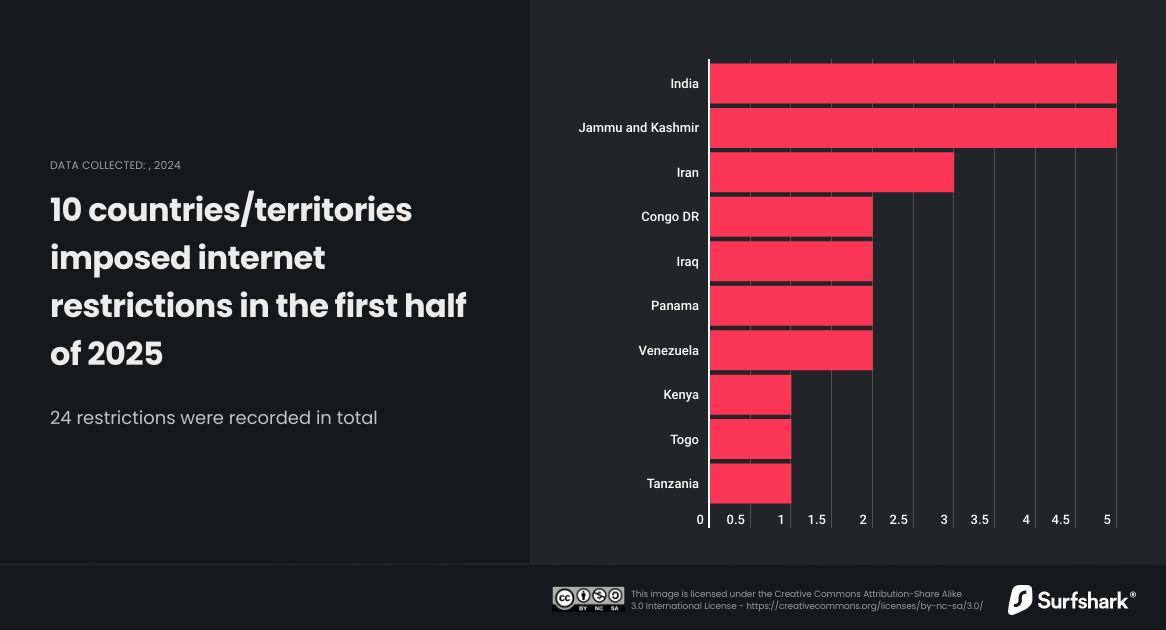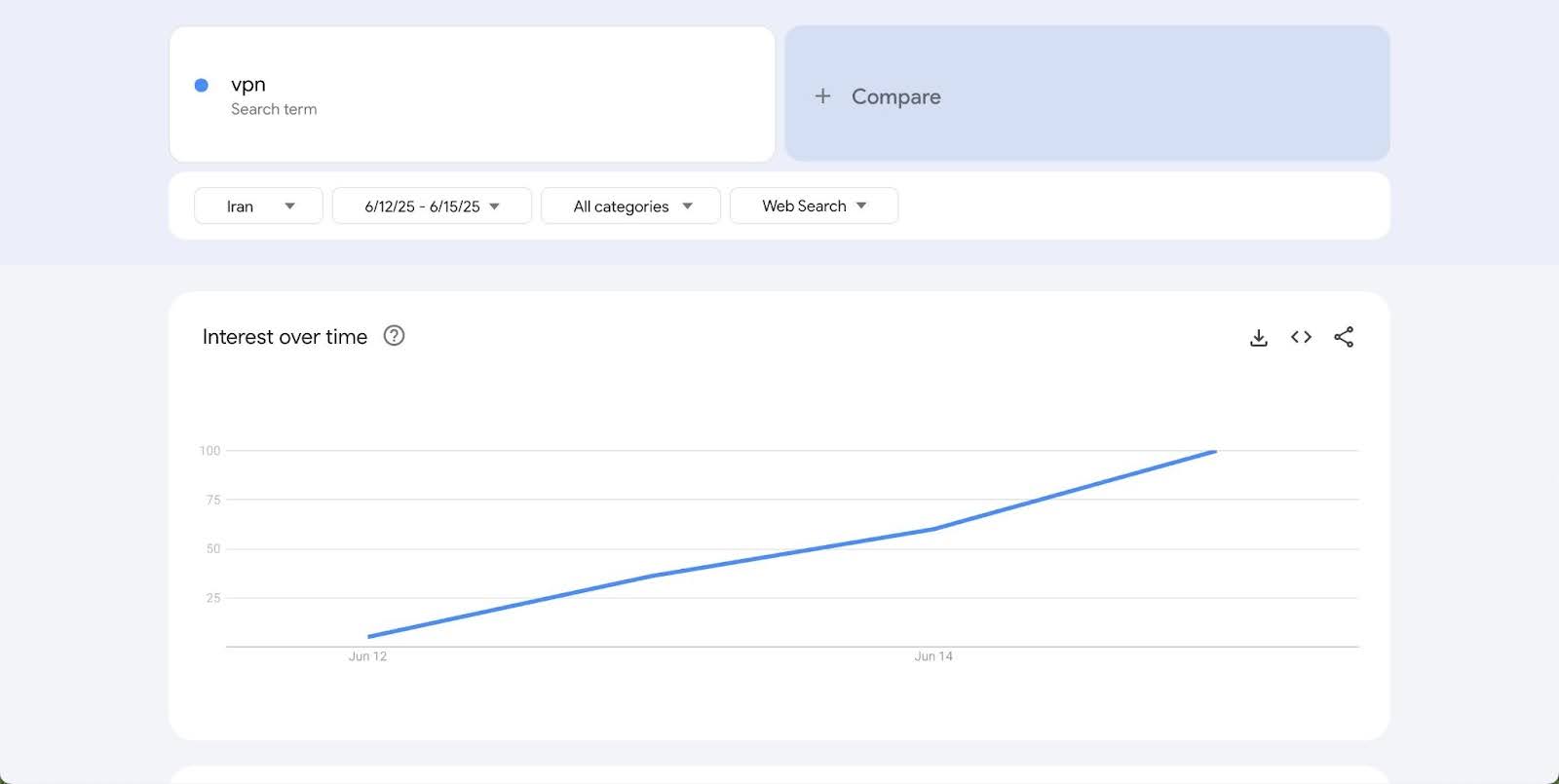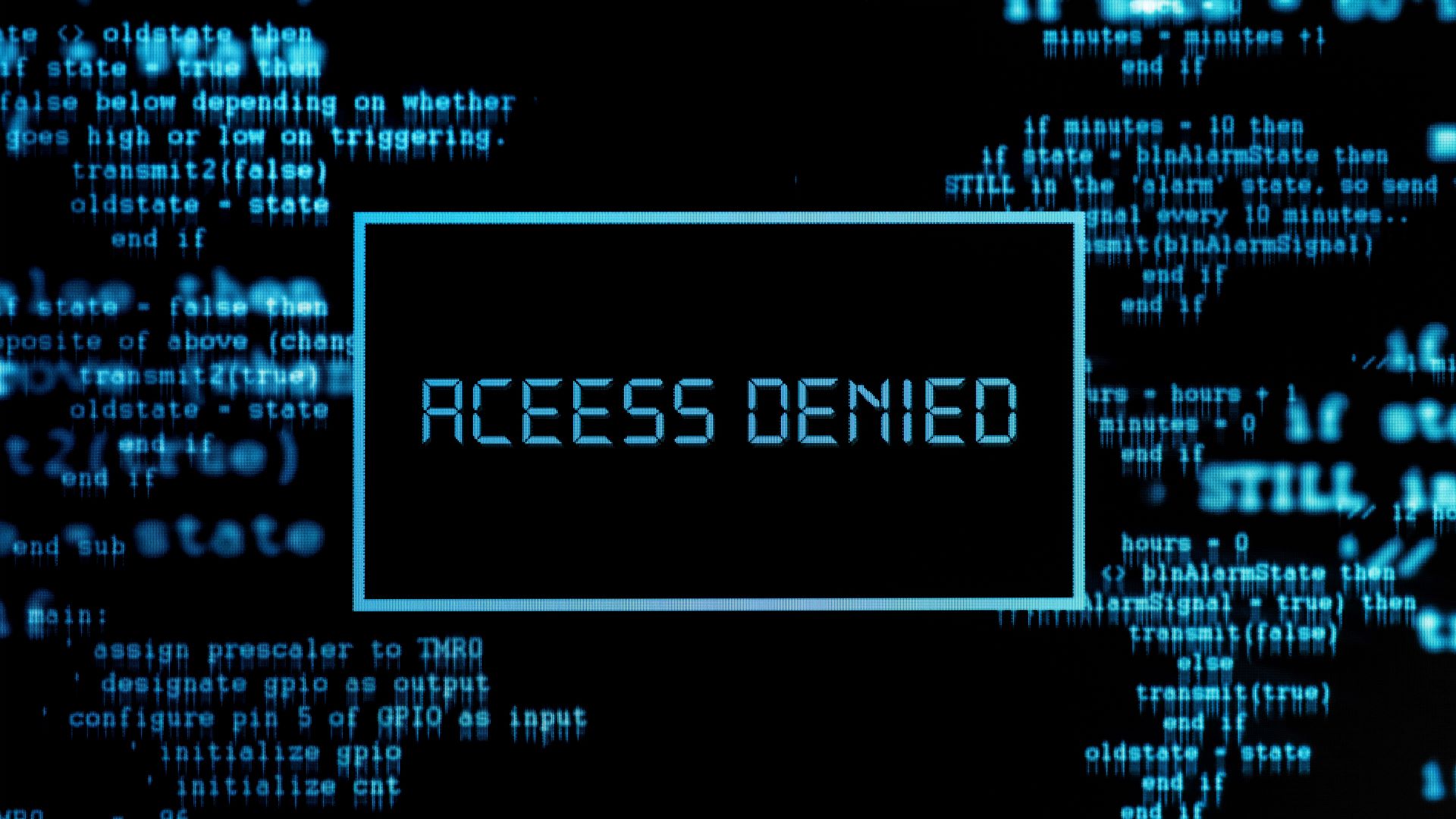- Surfshark research found 10 countries imposed internet blackouts in the first half of 2025
- A total of 24 internet restrictions were recorded in the first half of 2025, with India being the worst perpetrator
- Increased internet censorship has seen demand for circumventing tools like VPNs soared
Government-imposed internet restrictions have risen in the first half of 2025, compared to the same period last year. New research from Surfshark identified 10 countries imposed 24 internet restrictions to date this year, up from 20 restrictions across nine countries that occurred in the same period in 2024.
Specifically, statistics from Surfshark indicate that internet users in India faced more restrictions than any other country between January and June 2025. Authorities in India have used Section 5 (2) of the Telegraph Act, 1885, to cut internet access in the event of a public emergency. Five shutdowns occurred in India in the first half of 2025 amid country-wide protests.
Surfshark, one of the best VPN providers on the market right now, has been charting internet shutdowns since 2015. Disruptions range from full internet blackouts to censorship of specific social media platforms like Facebook and X (formerly Twitter) to VoIP services such as Telegram and WhatsApp.
Protests and political turmoil are common causes of restrictions

"Over the years, governments have used internet shutdowns to control and silence journalists, activists, and the public," said Justas Pukys, VPN Product Manager at Surfshark.
Statistics show that local network connection disruptions, which affect a city or region, are more common than national shutdowns. To date, Surfshark has recorded 558 local disruptions worldwide compared to 124 nationwide shutdowns, with protests and political turmoil being the most common causes, followed by elections.
At the time of writing, 24 of 196 countries and territories analyzed by Surfshark are blocking social media platforms and VoIP services with Telegram being the most commonly blocked.
In January 2025, Telegram was blocked in Venezuela for five days, with authorities even looking to block popular VPN providers as citizens attempted to bypass the disruption. More recently in May 2025, Vietnam blocked access to Telegram with authorities claiming the platform had failed to cooperate with them to halt crimes.
During the first half of 2025, two countries imposed restrictions for the first time since Surfshark’s internet shutdown tracking began. Albania issued a one-year ban on short-form video platform TikTok, citing child safety concerns. Authorities in Panama announced a state of emergency due to civil unrest in Bocas del Toro, resulting in a regional internet shutdown.
Rising censorship mirrors growing VPN usage
Surfshark observes that Iran has had three internet restrictions to date this year.
It’s no coincidence then that VPN usage in the country spiked more than 700% in June 2025 as citizens looked to access the internet as normal. This is despite concerted efforts from Iran’s government to block and even outlaw VPNs altogether.

"Internet blackouts can be dangerous, especially during critical events such as elections, protests, or other political turmoil. Losing internet access makes it harder to stay in touch with family members, access critical news outlets, and share urgent information with the world about unfolding events," said Pukys.
A virtual private network (VPN) takes your device’s internet traffic and routes it through a secure, encrypted tunnel. It also hides your real IP address, allowing you to spoof your location. This means that you can not only sidestep internet restrictions, but prevent snoopers from seeing what you’re doing on the internet.










 English (US) ·
English (US) ·